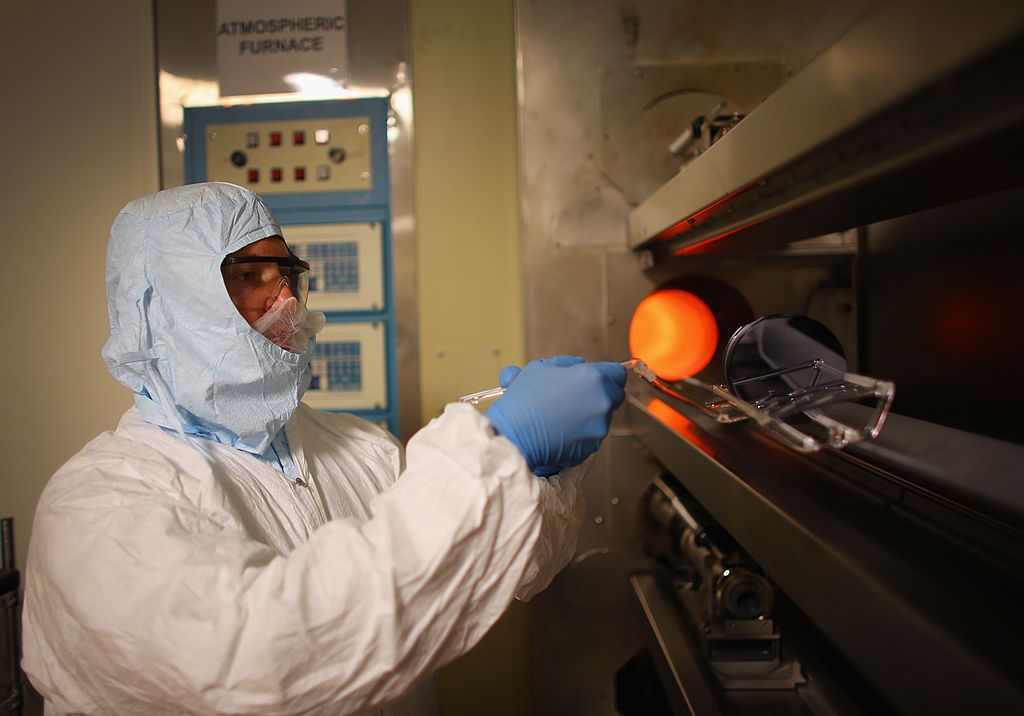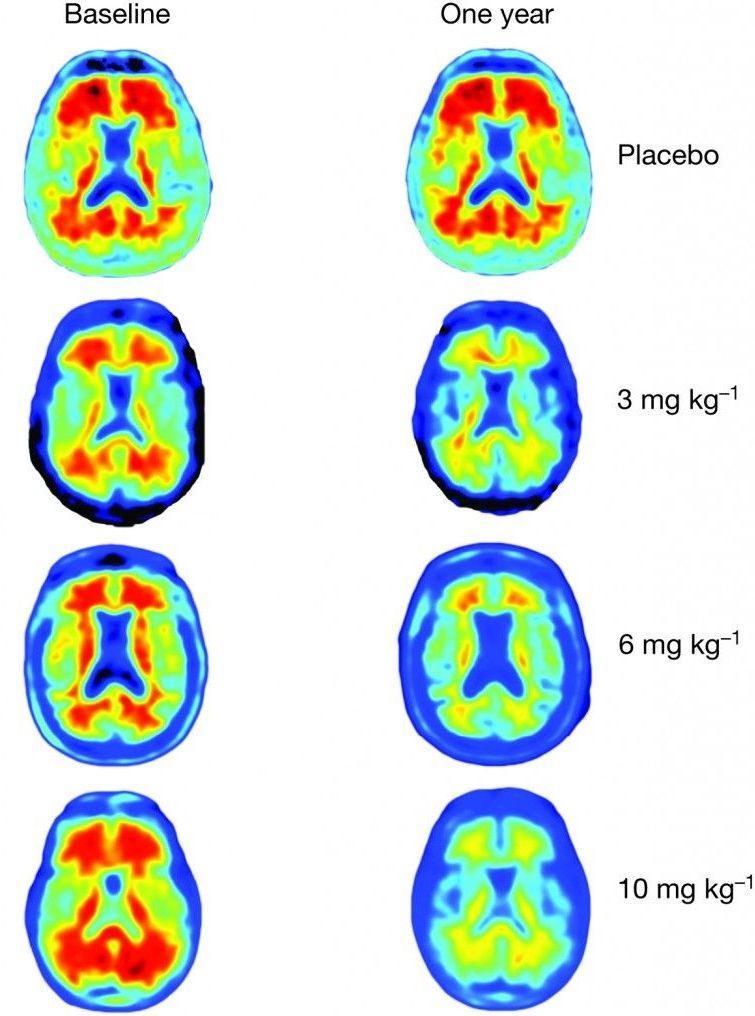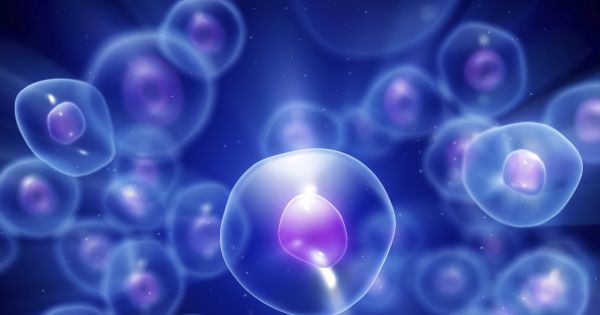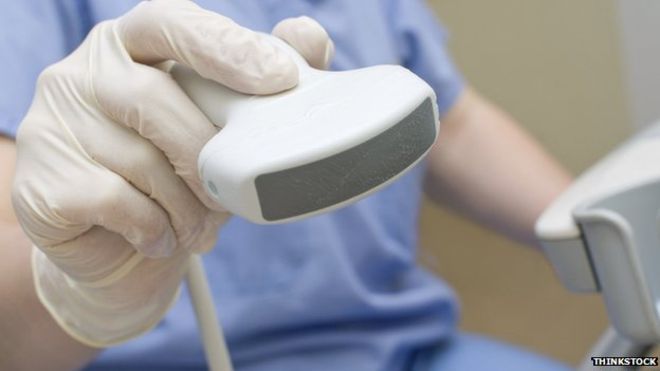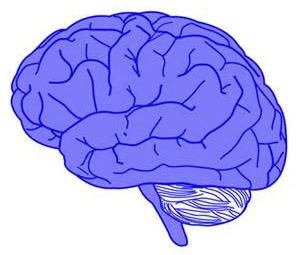Sep 8, 2016
Neuroscience: Linking perception to action
Posted by Karen Hurst in categories: futurism, neuroscience
Not surprised by these findings.
A UC Santa Barbara researcher studying how the brain uses perception of the environment to guide action has a new understanding of the neural circuits responsible for transforming sensation into movement.
“Mapping perception to a future action seems simple,” UCSB neuroscientist Michael Goard. “We do it all the time when we see a traffic light and use that information to guide our later motor action. However, how these associations are mapped across time in the brain is not well understood.”
In a new paper, published in the journal eLife, Goard and colleagues at the Massachusetts Institute of Technology make progress in mapping brain activity in mice during simple but fundamental cognitive tasks. Although a mouse’s brain is much smaller than a human’s, remarkable structural similarities exist. The mouse brain is composed of about 75 million nerve cells or neurons, which are wired together in complex networks that unerlie sophisticated behaviors.


